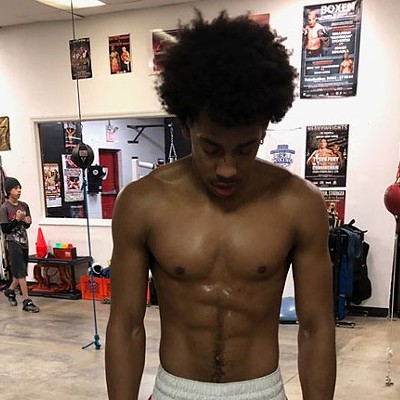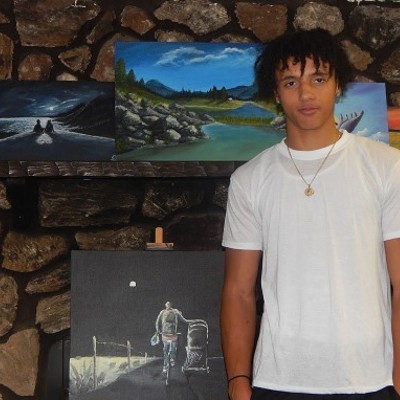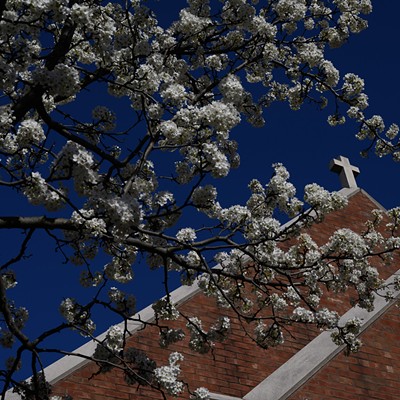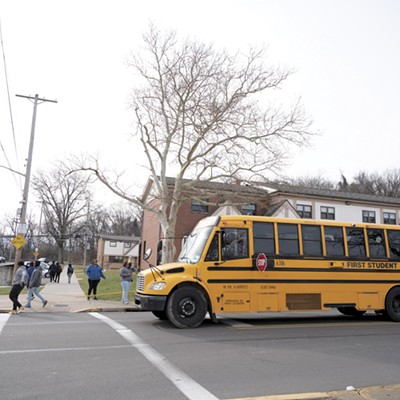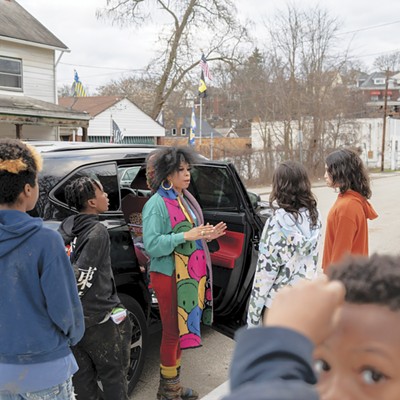Gateway High School senior Erika Jackson hoped to get a book for her 18th birthday this year: The New Jim Crow. She learned about Michelle Alexander’s piece of nonfiction work in AP Government, when her teacher taught the class about Jim Crow laws and civil rights cases that have affected African Americans.
“Through my history class, I started learning more [about Black] oppression that I didn’t know beforehand,” says Jackson. “My AP Gov. teacher talked a lot about how African Americans are still facing certain traumas that they were facing back then, but it’s not widely known because people think we have equality but a lot is still going on behind the scenes.”
This was the first time in school, however, that Jackson learned anything about the plight of Black persons in America, beyond the Civil War.
“We talked about slavery, and if you take APUSH [AP U.S. History], you talk about the Restitution Period after the Civil War,” says Jackson, “but that’s as far as our history class goes.”
And with racial achievement gaps in the double digits, according to data from the state’s Future Ready PA Index, most Black students at Jackson's school don’t even learn about the Restitution Period.
African American students make up about 25% of the Gateway School District population, but that is not reflected in those who teach at the school. And while there are a few Black teachers at Gateway, there are no teachers of other ethnicities. (8.3% of the student population is Asian, 8.2% are two or more races, and about 4.3% are Hispanic.)
“I think that representation plays a big role in how students see themselves,” says Jackson. “Statistics show that having a teacher that looks like you can help improve your scores, it can help with the disciplinary rate for students, and I feel like that’s a big thing because the [School-to-Prison] Pipeline shows that there are more African Americans who have detentions and such, it shows that those same students have a higher chance of going to prison.”
Jackson brought this issue up at a December equity meeting in Monroeville where administration and teachers from the Gateway School District came together to discuss problems concerning students, and how to help. As president of the Black Student Union (BSU), Jackson was asked to talk to them about the issues African American students are facing.
“Another thing we talked about at the equity meeting,” says Jackson, “is that before, most of my information [about Black history] came from my dad, and that’s what other students felt like. In the BSU, we talked about where other students learned their history, and it was always from their parents.”
Gateway High School is now listening to what Jackson and the BSU have to say, but the group, which got its start last year, was initially faced with adversity.
“At first they didn’t want our name to be the BSU,” says Jackson. “They wanted it to be a multicultural union. We weren’t opposed to doing that, but we wanted to create a space where African Americans could raise their education levels and also connect with other African Americans students in our school, that was our goal. They wanted to change our goal by changing our name.”
After meeting up and reading through the student handbook, Jackson and a few others who were working to start the group realized Gateway didn’t have the right to change their name and officially became the Black Student Union.
“I realized that I can be a voice for people,” says Jackson. “You can’t change the world in three years, but you can try to have some impact on it, so people younger than you can grow up in better circumstances than you.”
With that thought in mind, Jackson approached Pittsburgh City Paper with the idea to profile different high schoolers in the Pittsburgh area.
“I always want to provide more voices, and I want to be like a vessel for people and have their stories told because I feel like there are so many people out there … Everyone has a story and that’s something I want to show.”
Stay tuned as over the next few months as Jackson features stories of local teens in Pittsburgh.
“It’s our duty as people to find out people’s stories so we can better understand them better and better understand each other,” says Jackson.



